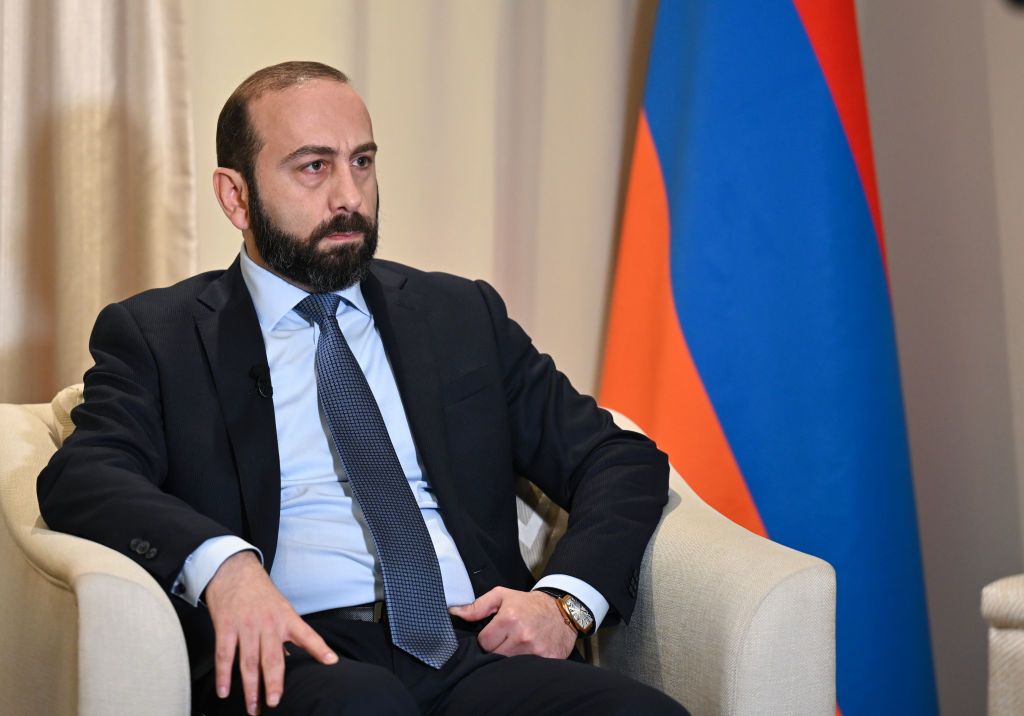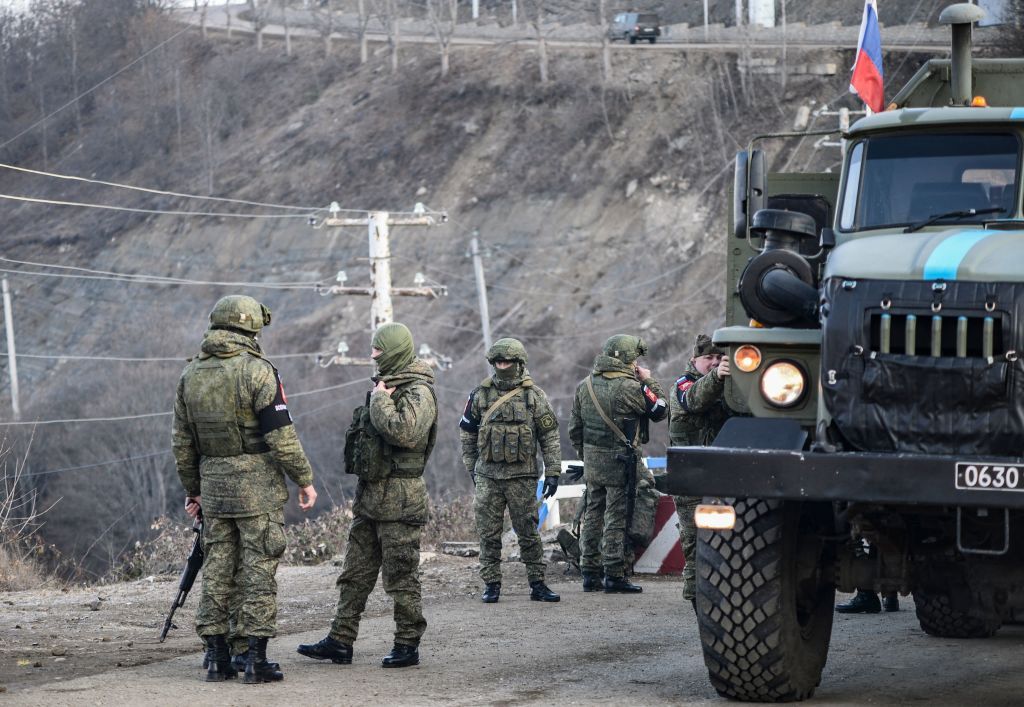NATO chief visits Armenia amid growing tensions with Russia.
NATO Secretary General Jens Stoltenberg visited Armenia for the first time during his 10 years in office and discussed the situation in the South Caucasus with the country's leadership, NATO's press service announced on March 19. Traditionally aligned with Russia in its regional conflict against Azerbaijan, Armenia has experienced heightened tensions with Russia after Russian "peacekeepers" did nothing to prevent Azerbaijan's September 2023 offensive into Nagorno-Karabakh. On the last day of his tour of the South Caucasus, Stoltenberg traveled to Yerevan to meet Armenia's President Vahagn Khachaturyan and Prime Minister Nikol Pashinyan, according to a press release published on NATO's website.
Stoltenberg praised Armenia for being a long-standing partner of NATO and welcomed the country's contributions to the alliance's missions and operations, including increased troops in the NATO-led international peacekeeping mission in Kosovo. Stoltenberg and Pashinyan discussed "the importance of stability in the South Caucasus," with the NATO chief urging Armenia and Azerbaijan to reach an agreement "to pave the way for the normalization of relations and a durable peace." "This matters for Euro-Atlantic security as we face a more dangerous world," he said at a joint press conference with Pashinyan.
"NATO supports Armenian sovereignty and territorial integrity and your peaceful aspirations." Pashinyan said on March 12 that Armenia would leave the Russian-led Collective Security Treaty Organization (CSTO) if the military alliance fails to address Armenia's collective security concerns. Armenia had previously "frozen" its participation in the CSTO.
Armenia asks Russian 'peacekeepers' stationed at Yerevan's airport to leave A Russian "peacekeeping" force has been stationed at Zvartnots Airport since Armenia's independence from the Soviet Union and outbreak of war with neighboring Azerbaijan.

At the press conference, Stoltenberg also mentioned Russia's war against Ukraine, welcomed Armenia's solidarity with Kyiv, and urged other partners to increase their support for Ukraine.
"If (Russian President Vladimir) Putin succeeds in Ukraine, there is a real risk that his aggression will not stop there. And other authoritarian actors will be emboldened." Stoltenberg and Pashinyan also discussed the progress in Armenia's domestic reforms, including anti-corruption efforts and commitments to strengthen the country's democratic institutions and uphold the rule of law.
Since coming to power in a 2018 revolution, Pashinyan's government has steadily deepened the country's ties with the West while drawing condemnation from Russia. In recent months, Armenia has further sought to distance itself from Russia - repeatedly accusing Moscow of being an unreliable partner. Armenia's Foreign Minister Ararat Mirzoyan revealed earlier in March that the country is considering applying for membership in the European Union, aiming to strengthen ties with the West.
In January 2024, Armenia joined the International Criminal Court, becoming one of 124 countries obliged to arrest Putin if he steps foot in national territory. The Kremlin decried the move as an "unfriendly step" and "the wrong decision."
Russia's 'peacekeeper' act crumbles as Azerbaijan overwhelms Nagorno-Karabakh On Sept.
19, just under three years after the end of the last major war between Armenia and Azerbaijan over the mountainous region of Nagorno-Karabakh, Baku moved decisively to finish what it started in 2020.
Shortly after the announcement of the launching of "anti-terrorist" measures by the Azerba...
